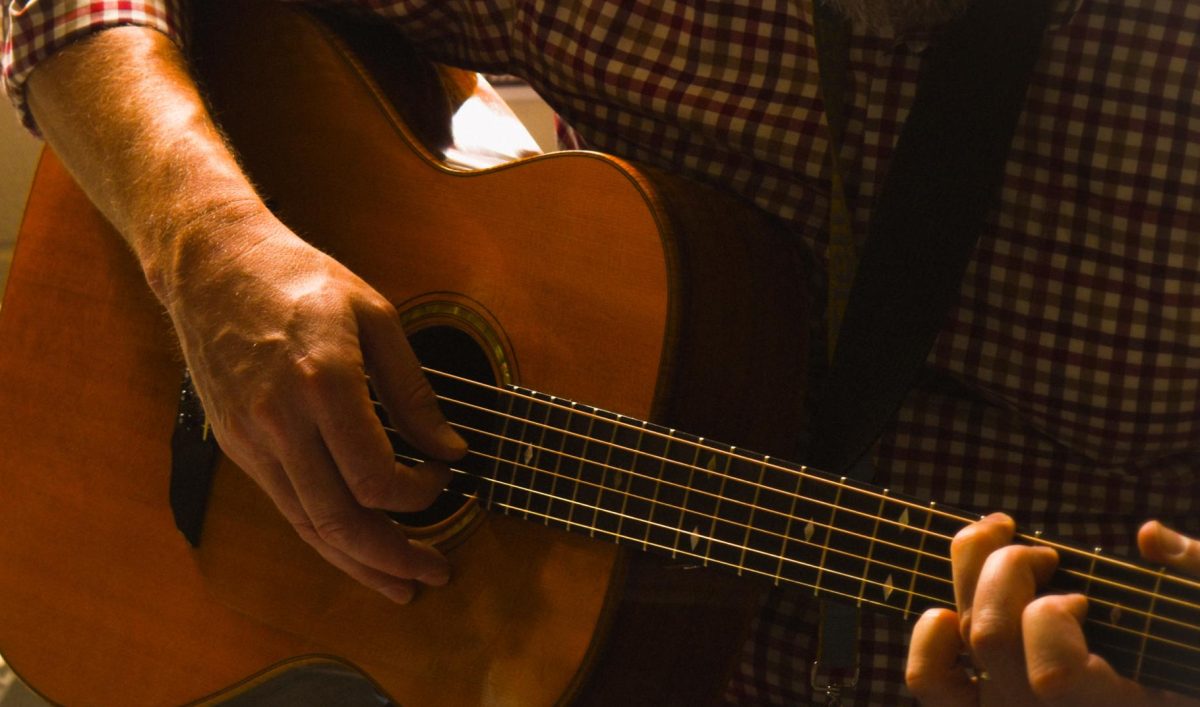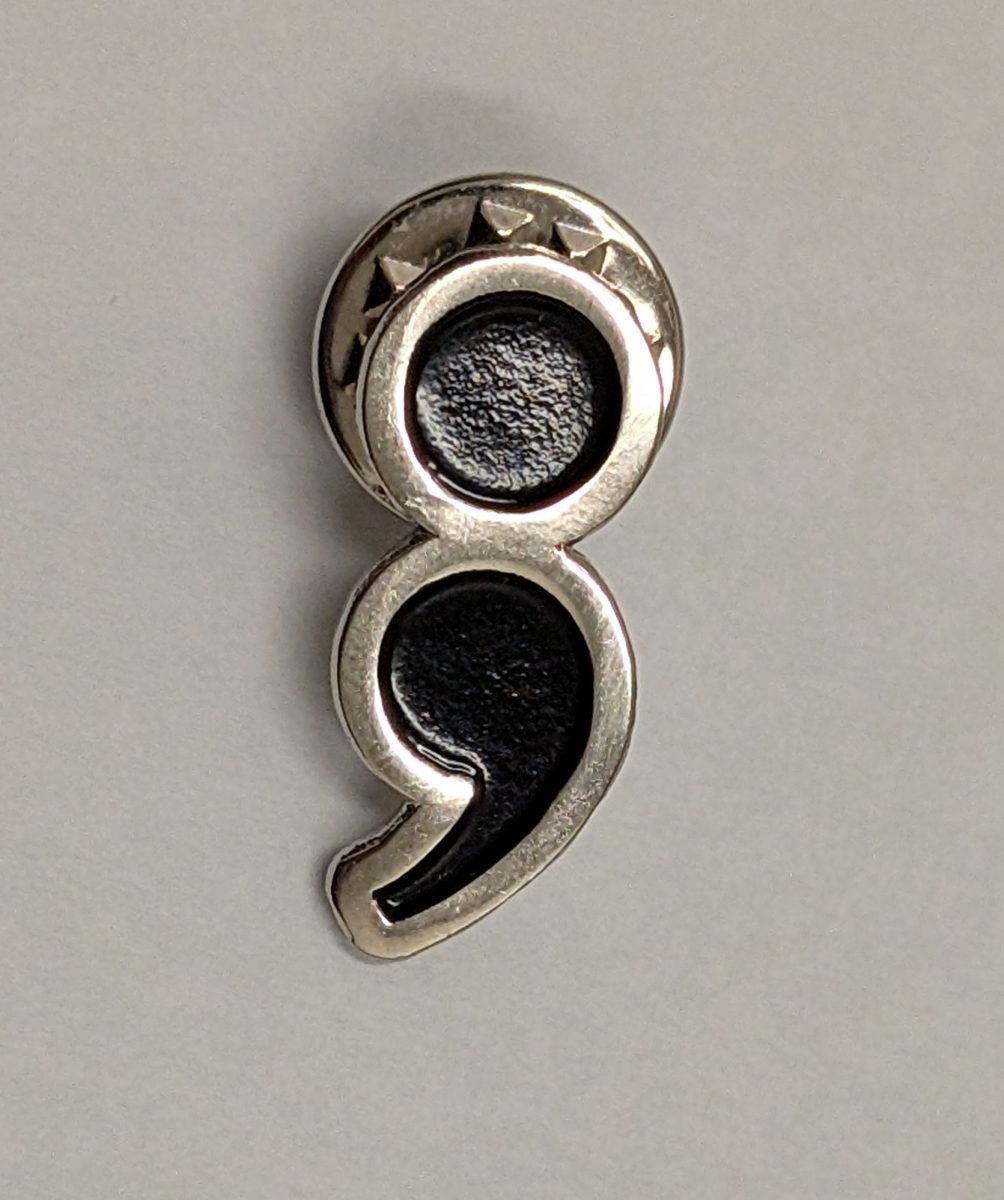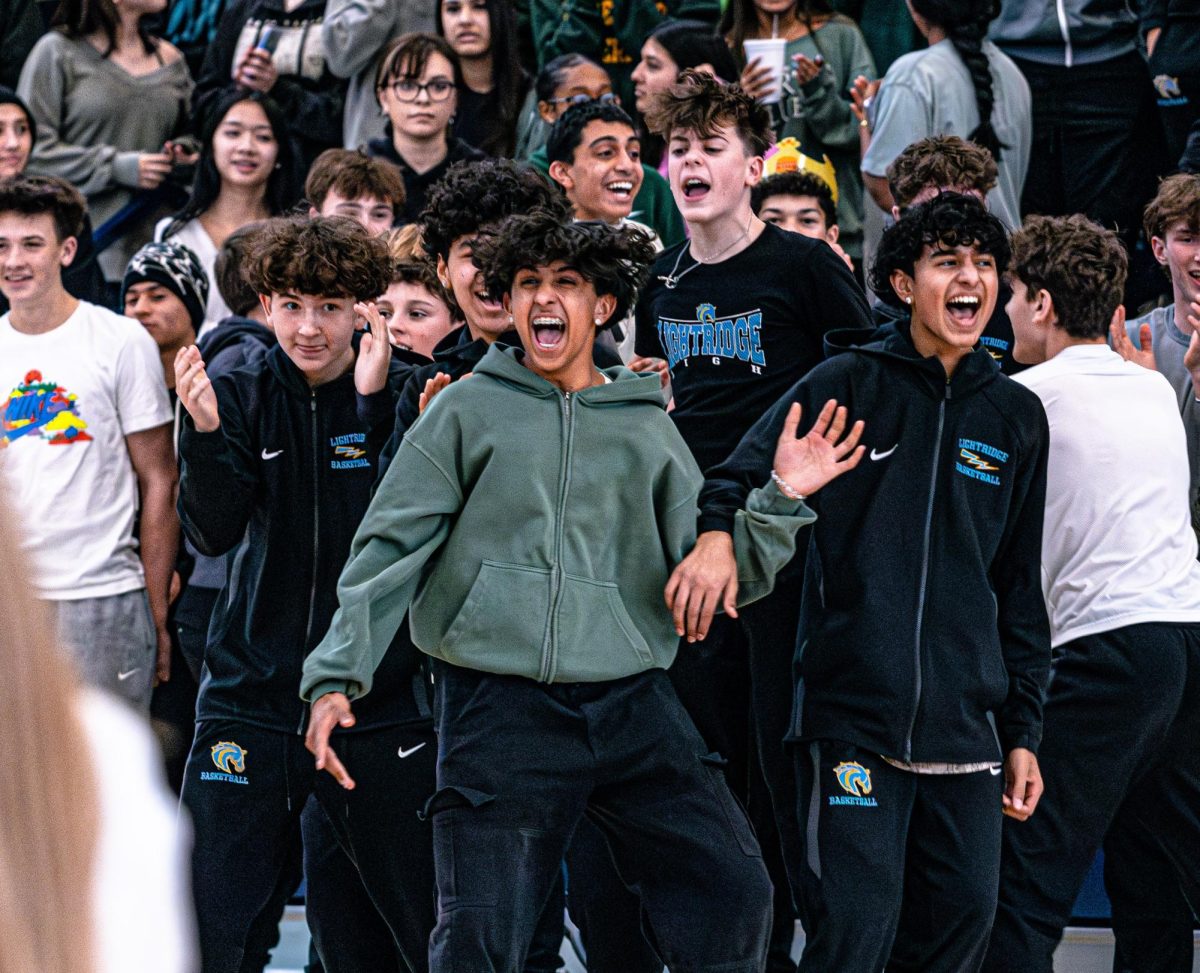It seems as if there are two types of people, those who hate it, and those who love it.
I am an unapologetic country music lover.
I fell in love with country music because of the storytelling. The problem, however, is the stories that are amplified within the industry lack diversity. If the country genre wants to survive, then the genre needs to become more inclusive.
Beyoncé’s newest album “Cowboy Carter” is an example of what the industry can look like when inclusivity is at the forefront. “Cowboy Carter” came as a shock to many Beyoncé fans. Prior to the release of the album Beyonce had only released one country song “Daddy’s Lessons”. While many people were surprised with Beyonce’s return to the country genre, it was well received by the public. The album debuted at number one on Billboard’s Hot 200, and number one for Top Country. Despite all of the success of the album, some expressed sentiments that the album was not country. Music being deemed not country, simply because of the singer, is a prevalent issue.
For far too long there has been this culture that women, and people of color do not belong in the industry.
Country music has a history of ignoring the contributions of women. The County Music Association (CMA) award for best entertainer has been given out 57 times, female artists have only won a total of eight times. That is only fourteen percent. More startling, It was not until 2023 that a black woman won any award from the organization. Tracy Chapman in 2023 for her song “Fast Car”.
“Fast Car” originally released in 1988. The song’s release performed well earning Chapman a Grammy, and a number 6 spot on Billboard’s Hot 100. Despite all of this success, Chapman did not receive any nomination from the CMA. The 2023 win was actually for a cover of Chapman’s song by Luke Combs. Combs a white male singer, winning the award demonstrates how the industry often does not showcase or accept black women as country musicians.
Throughout the industry there is a recurring narrative that progressive voices do not belong in country music.
Bro country is one example of progressive voices being told they are not welcomed. Bro country is a term used to describe country music with themes that are far right, having clear tones of racism, misogyny.
“Recently, there’s been more bro country, which a lot of people are not fond of,” said local singer and songwriter Juliana MacDowll. “That’s when you hear them [singers] and they’ve taken the standard Nashville formula. Got the rifle in the pickup truck and my dog in the truck… It’s like okay dude you just followed the ABC, 123 of country songs.”
“Bro country” has increasingly become more misogynistic and racist, resulting in women, especially women of color, to wonder if the genre is a safe space.
The ability for female artists to have the opportunity to share their music is crucial to hearing more perspectives.
“I’ve always been trying to find a way to share my own experiences and my own stories. In hopes that someone will hear it, and someone will connect to that and say I relate to this,” said local teen country musician Sela Campbell.
The key to ensuring that people can feel represented in music is by amplifying artists with different lived experiences. For the majority of my childhood my mother despised country music. However, in 2016 when Beyoncé released her song “Daddy’s Lessons” my mother began to understand the appeal. Prior to this my mother’s experience with country music had been overwhelmingly white and male. The experience of seeing a black woman singing helped my mother to see herself in the song. This is a common experience for many country “haters”. Many people do not hate country music, rather the stories that are often told. The ability for people to see an artist they relate to, sing a genre they usually do not relate to, helps break the barriers often in place.
The sound of the country may be different than it was in the past, but that is not a bad thing.
“Its [country music] definitely shifted a little but, not necessarily for the worst or for the better,” said Campbell. “ I just think that older country music used to be a lot simpler. As the genre has grown over the years, I think that people have learned how to put a bunch more elements into their songs.”
As said by pioneer black country singer Linda Martell on Cowboy Carter, “Genres are a funny little concept”.
The Cowboy Cater album is an example of what can happen when an artist is able to express themselves freely in the context of country music. On the album Beyoncé has songs that are traditionally country, but also explores elements not often included.
The first step in making country music more inclusive is to listen to artists with unique experiences and viewpoints. Listeners have power. When listeners stream songs that may not be accepted in the genre, changes can be made.
We need more of that.









